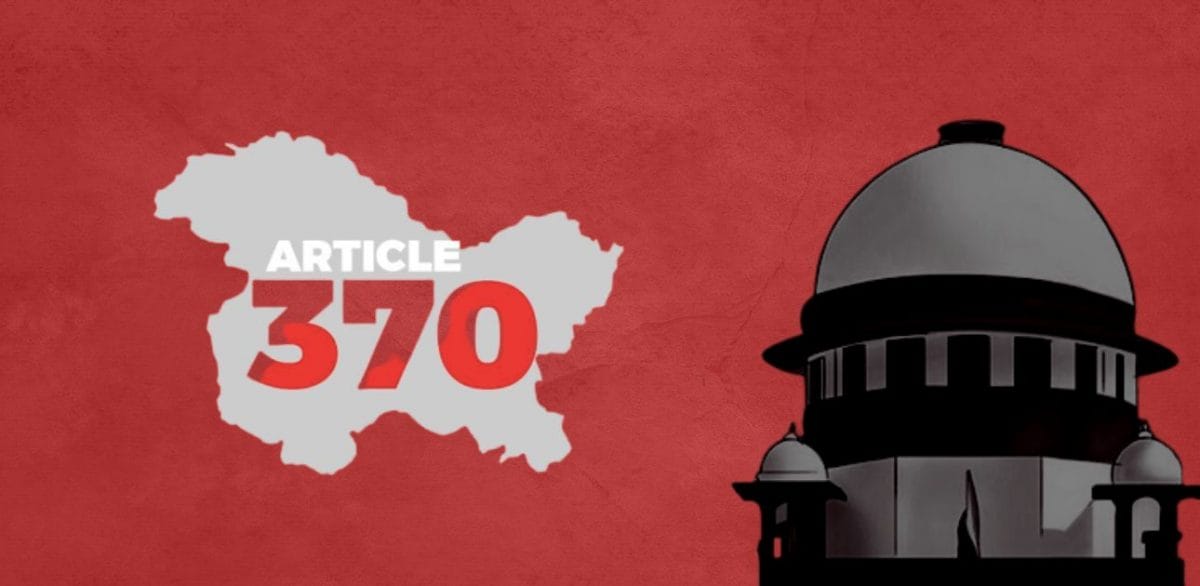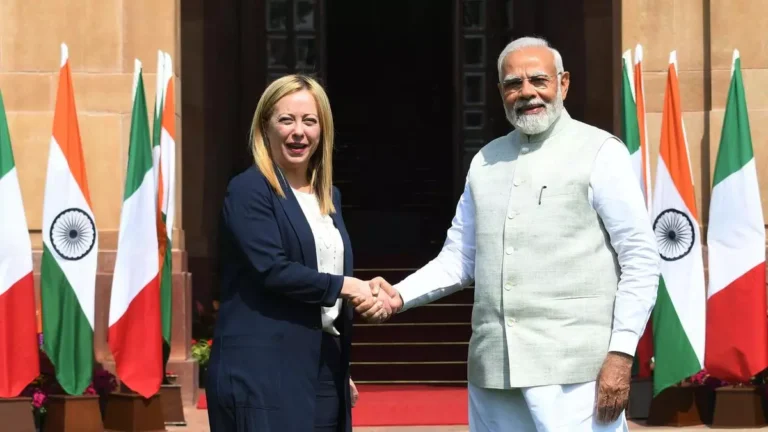
Article 370 of the Indian Constitution has long been a subject of debate, contention, and speculation. Its recent abrogation by the Indian government in August 2019 sparked intense discussions and brought the spotlight back on this constitutional provision. In this blog, we’ll delve into the history, impact, and implications of Article 370.
Origins and History:
Article 370 was incorporated into the Indian Constitution in 1949, providing special autonomous status to the erstwhile princely state of Jammu and Kashmir. It granted the state a significant degree of autonomy, allowing it to have its own constitution, flag, and control over internal affairs, while defense, foreign affairs, and communications remained under the jurisdiction of the Indian government.
Impact and Controversy:
Over the years, Article 370 became a subject of controversy and debate, with proponents arguing for its retention as a symbol of Kashmiri identity and autonomy, while critics viewed it as a barrier to the integration of Jammu and Kashmir with the rest of India. The special status accorded to the state was seen by some as a hindrance to development and governance, leading to calls for its abrogation.
Repeal and Ramifications:
In August 2019, the Indian government, led by Prime Minister Narendra Modi, announced the abrogation of Article 370, along with the bifurcation of the state into two Union Territories: Jammu and Kashmir, and Ladakh. The move was met with both praise and criticism, with supporters lauding it as a step towards national integration and development, while detractors raised concerns about its legality, impact on regional autonomy, and potential for unrest.
Legal and Constitutional Aspects:
The abrogation of Article 370 raised questions about its constitutional validity and the manner in which it was implemented. While proponents argued that it was a necessary step to extend equal rights and opportunities to the people of Jammu and Kashmir, opponents questioned the legality of amending a constitutional provision that was considered to be permanent and inviolable.
Socio-Political Implications:
The repeal of Article 370 has had far-reaching socio-political implications, both within Jammu and Kashmir and across India. It has sparked debates about the future of Kashmiri identity, the role of regional autonomy in a federal system, and the dynamics of center-state relations. The restoration of peace and stability in the region, along with efforts to address the grievances of the local population, will be crucial in determining the long-term impact of the decision.
Conclusion:
Article 370 has been a defining feature of India’s constitutional landscape, shaping the relationship between the central government and the state of Jammu and Kashmir for over seven decades. Its abrogation marks a significant milestone in India’s history




